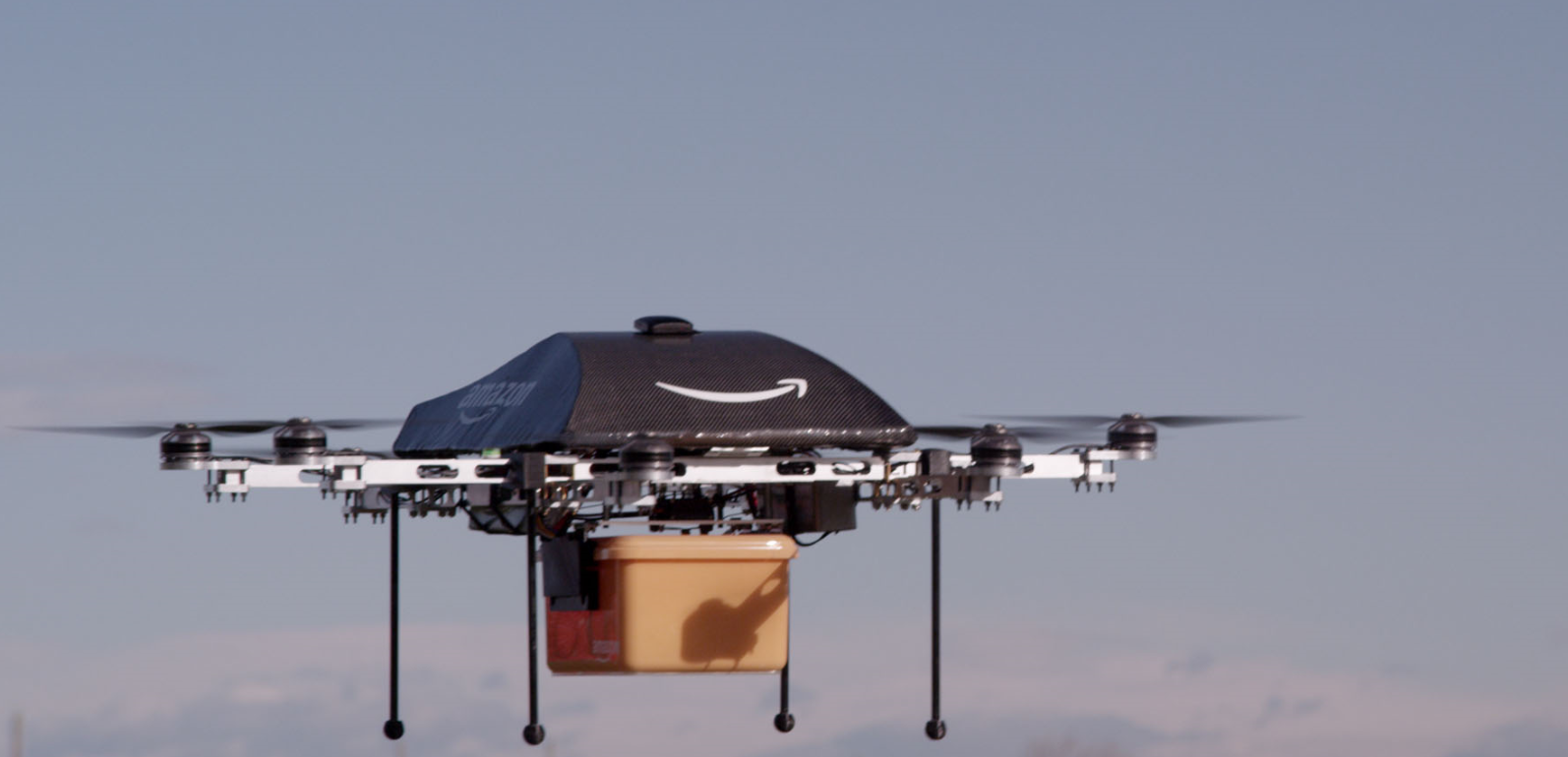London worst for retail wireless security
The latest research has found retailers are learning the lessons of last year’s TJX hack and improving their wireless network security, but London lags behind.


London has come in at the bottom of the pile when it comes to wireless security protection used by retailers, according to the second annual survey of 4,000 stores in some of the world's busiest shopping cities.
The research also found 44 per cent of the wireless devices used by retailers such as laptops, mobile computers and barcode scanners could be compromised.
This was still significantly lower than the 85 per cent of wireless devices that had security vulnerabilities in the same survey last year, around the same time as details of the Wi-Fi hack at US retailer TJX, causing one of the biggest known theft of credit card details in the world.
Motorola scanned the airwaves at major shopping centres across the US and in London, Paris, Seoul and Sydney for the presence of wireless networks using systems from the wireless local area network (WLAN) network security provider, AirDefense it acquired in September last year.
The Motorola AirDefense survey monitored 7,940 access points (APs) and found 32 per cent were unencrypted, compared to 26 per cent in last year's survey.
London was ranked the lowest in terms of retail wireless security, where only 51 per cent of APs scanned using some form of encryption. Retailers in Los Angeles and New York came out top, deploying some form of encryption on 77 per cent of their wireless APs and Paris ranked second with 76 per cent.
Overall, a quarter (25 per cent) were still using Wired Equivalent Privacy (WEP), the weakest protocol for wireless data encryption.
Get the ITPro daily newsletter
Sign up today and you will receive a free copy of our Future Focus 2025 report - the leading guidance on AI, cybersecurity and other IT challenges as per 700+ senior executives
But new WEP deployments are prohibited by version 1.2 of the Payment Card Industry (PCI) Data Security Standard (DSS) in any part of the cardholder data environment (CDE) beyond 31 March 2009 and must eliminated from the CDE by 30 June 2010.
The research pointed out that, by using the same technology, configuration, security and naming conventions at every retail location, merchants can essentially repeat vulnerabilities across the store chain, rendering them non-PCI compliant and susceptible to attack.
Richard Rushing, Motorola Mobile Devices senior director of information security said that, despite an improvement on the numbers of vulnerable wireless devices found, "a significant majority of retailers are still susceptible to a network intrusion".
"[It's] a sign that wireless security remains an afterthought for many," he added.
A further 12 per cent of all APs monitored were using Wi-Fi Protected Access (WPA) security protocol protection, while 27 per cent were using WPA-PSK (pre-shared key), which can only be as strong as the shared password used to protect them. Overall, only seven per cent of retailers were using WPA2, the strongest Wi-Fi security protocol available today.
A 25-year veteran enterprise technology expert, Miya Knights applies her deep understanding of technology gained through her journalism career to both her role as a consultant and as director at Retail Technology Magazine, which she helped shape over the past 17 years. Miya was educated at Oxford University, earning a master’s degree in English.
Her role as a journalist has seen her write for many of the leading technology publishers in the UK such as ITPro, TechWeekEurope, CIO UK, Computer Weekly, and also a number of national newspapers including The Times, Independent, and Financial Times.
-
 Cleo attack victim list grows as Hertz confirms customer data stolen
Cleo attack victim list grows as Hertz confirms customer data stolenNews Hertz has confirmed it suffered a data breach as a result of the Cleo zero-day vulnerability in late 2024, with the car rental giant warning that customer data was stolen.
By Ross Kelly
-
 Lateral moves in tech: Why leaders should support employee mobility
Lateral moves in tech: Why leaders should support employee mobilityIn-depth Encouraging staff to switch roles can have long-term benefits for skills in the tech sector
By Keri Allan
-
 Preparing for peak: How customers purchased during peak
Preparing for peak: How customers purchased during peakwhitepaper The online shopping trends that shaped the parcel delivery experience during the busiest time of the 2022 calendar
By ITPro
-
 How Crew Clothing went mobile to turn around a struggling business
How Crew Clothing went mobile to turn around a struggling businessCase Study Mobile sales tech unleashed a tide of change, buoying further growth across the UK coast-inspired casualwear chain
By Fleur Doidge
-
 Going contactless with shoppers in a post-COVID world
Going contactless with shoppers in a post-COVID worldWhitepaper Retail guide
By ITPro
-
 Leanpath’s new tools help reduce food waste and costs
Leanpath’s new tools help reduce food waste and costsNews Impact Suite uses automated action plans to help kitchens address food waste issues
By David Gargaro
-
 How web retailers cope with the demands of the holiday season
How web retailers cope with the demands of the holiday seasonIn-depth Christmas, New Years, Boxing Day, January sales… How can web retailers meet the demands of seasonal peaks in sales?
By Ingrid Fadelli
-
 Retailers start Black Friday early to avoid system outages
Retailers start Black Friday early to avoid system outagesNews Many online retailers have learnt from the mistakes of last year by launching sales weeks or even months early
By Clare Hopping
-
 Amazon's drone delivery might track customer location info
Amazon's drone delivery might track customer location infoNews The service will use a person's smartphone data to find them and deliver even if they are not in a static location
By Clare Hopping
-
 Cook deploys Qlik to track Christmas sales
Cook deploys Qlik to track Christmas salesNews Homemade food retailer uses visual analytics to react faster to customer demand
By Joe Curtis